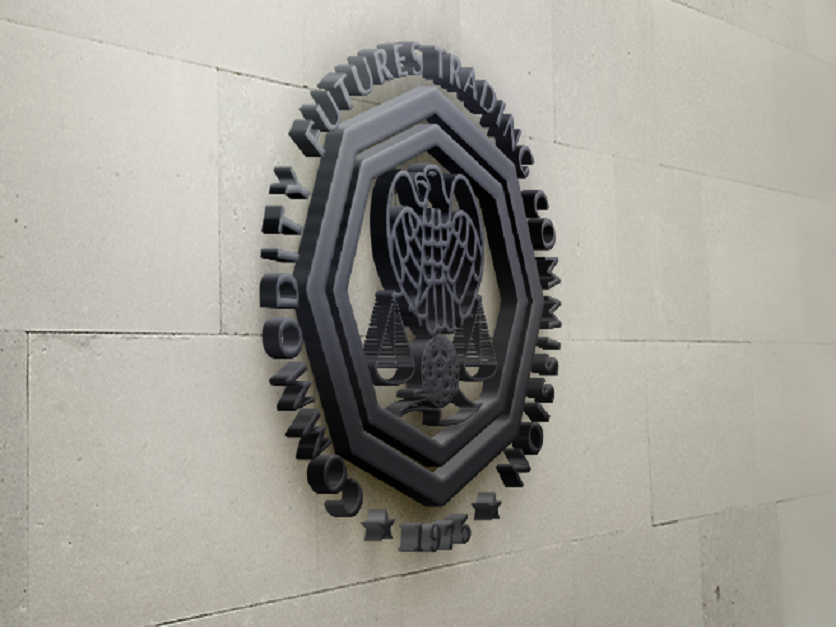The Commodity Futures Trading Commission filed two orders today that settle charges against an introducing broker and two commodity traders for violations of the Commodity Exchange Act and Commission Regulations, including for attempted manipulation, fraud, and unauthorized trading.
The first case settled charges filed against Kooima & Kaemingk Commodities Inc. (K&K), Lauren Kaemingk and Bradley Kooima, all of Iowa, for Kaemingk’s fraud, unauthorized trading, and making false or misleading statements to CME Group Inc. (CME), for a former employee’s fraud, unauthorized trading, and violation of CME position limits in live cattle futures contracts, and for K&K’s, Kaemingk’s, and Kooima’s supervision failures.
The CFTC Order requires K&K, Kaemingk, and Kooima to pay over $11.9 million in restitution to their customers, which are almost entirely comprised of individual farmers and large farming operations in Iowa, Maryland, Minnesota, Nebraska and South Dakota. In addition, the order requires K&K, Kaemingk, and Kooima to pay a civil monetary penalty of $1.25 million.
“Many farmers depend on the futures markets to help protect their operations from financial uncertainty,” said James McDonald, CFTC director of enforcement. “Those farmers should be able to trust that their Introducing broker will deal with them honestly. Brokers are also expected to respond truthfully and completely to CME and other exchanges when misconduct is being investigated. When brokers defraud their customers and then seek to cover it up — as in this case — the Commission will vigorously pursue them.”
Interested in more news about the farm bill, trade issues, pesticide regulations and more hot topics?
Sign up here for a four-week Agri-Pulse free trial. No risk and no obligation to pay.
In a separate case, the CFTC issued an order against Adam Flavin and an order against Peter Grady, traders at a Commodity Merchandising Firm, for filing and simultaneously settling charges for their attempted manipulation of the price of certain wheat futures and options contracts that were traded on the Chicago Board of Trade.
The Flavin order requires payment of a $125,000 civil monetary penalty and imposes a trading ban for four years. The Grady order requires payment of a $250,000 civil monetary penalty and imposes a trading ban for nine months.
For more news, go to: www.Agri-Pulse.com


